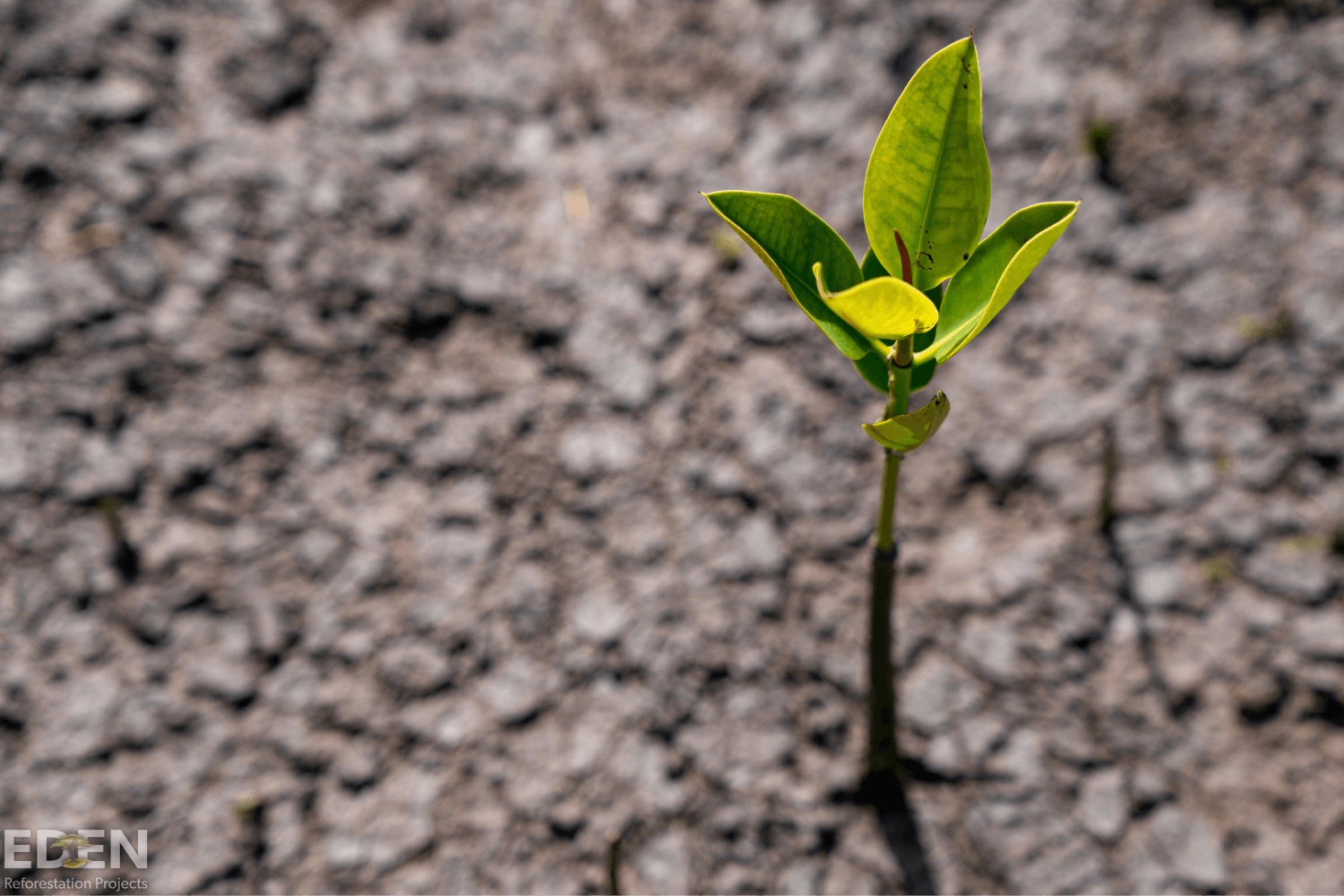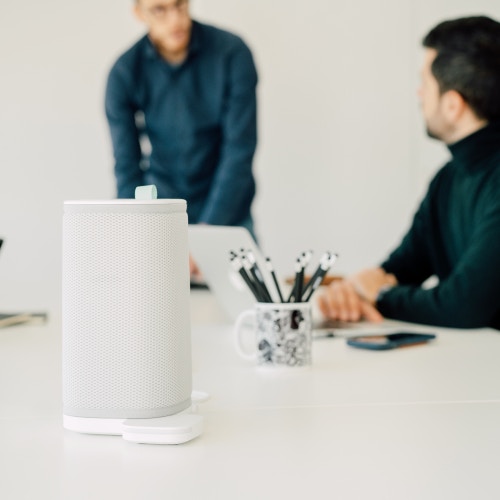
What is Greenwashing and why is it a problem?
→
How do we find out if a company is truly sustainable or if it is just a deceptive strategy?
Lately, we hear a lot about Greenwashing, but what exactly is it? And why has it become such a famous phenomenon? In recent years, sustainability has become more and more famous and everyone is talking about it. Not only within our daily life but also within corporate life.
Fortunately, many companies want to change their approach and the way they produce their products trying to respect the environment. Unfortunately, many organizations take advantage of this new trend simply to put themselves in a good light, declaring themselves eco-sustainable but only from a marketing perspective.
What’s Greenwashing?
Greenwashing is a word that derives from the words green (ecological) and whitewash (to cover up, hide something). This term indicates the tendency of some companies to define themselves as sustainable or simply sensitive to environmental issues, but which in reality aim to divert attention from other not green business dynamics.
Greenwashing also means participating in advertising and marketing campaigns where the only intent is to hide the attention on activities that pollute and damage the environment through ecological and sustainable messages.
Creating a line of vegan products, when most of the goods are tested on animals, is just a pretext to show the public a green soul when in reality they try to hide their work.
Creating eco-sustainable and recycled gadgets when in reality the company doesn’t avoid waste every day in their production processes, they cannot be considered sustainable.
When companies invest more money and time in marketing where they talk about “green” products, rather than investing them in making the business more sustainable - that's Greenwashing.
Greenwashing is all about the wrong direction, showing one thing that distracts you from what's really going on. The main problem we see is that Greenwashing occupies valuable space in the fight against important environmental issues such as climate change, ocean pollution, air pollution and global extinction of species. The saddest thing is that many companies do it by accident, as they don't have the experience to know what's really good for the environment and what isn't.
6 sins of Greenwashing
Greenwashing is a phenomenon that has unfortunately been present for years. But it is only in this period that became trending since environmental sustainability is an issue that is increasingly close to the heart considering the impact we have on the planet. TerraChoice has found 6 sins committed by companies that claim to be sustainable.
1. Hidden trade-off
The sin of the hidden trade-off is committed when a product is called green simply based on a single aspect. For example, define a product green if the packaging was created in recycled paper. A single sustainable feature of a product or brand can’t define the whole.
2. No proof
As can be seen from the name of this sin, if a sustainable or environmental claim is not backed up by third-party certifications or easily accessible sources it cannot be considered truthful.
3. Vagueness
If the information regarding a specific product or brand is unclear which can be easily misunderstood by consumers it is not reliable. What does it mean to define a "natural", "non-toxic" or "chemical-free" product?

4. Irrelevance
This sin is committed if a company makes a truthful environmental statement but that is not important or helpful to consumers looking for sustainable products. An example of a sin of irrelevance is when it comes to chlorofluorocarbons (CFCs) one of the main factors contributing to the ozone hole. This factor is irrelevant because these components have been legally banned for nearly 30 years.
5. Fibbing
You can’t make claims in favor of the environment and sustainability if they are simply not true. Products and companies that are certified organic or cruelty-free. Just do a simple search to see if these certifications exist or not. Furthermore, a 100% recycled paper packaging cannot be defined if there is plastic or other material inside.
6. Lesser of two evils
This last sin can be among the most deceptive. An indication may be true for the specific category of products, but it risks distracting the final consumer on the real environmental effects that the category has as a whole. Defining pesticides as “green” or “natural” may actually be true statements, but still the category of pesticides has a colossal impact on our environment.

How can we stop Greenwashing?
It is important to verify the truthfulness of the information that companies declare by looking within their website: by reading its environmental sustainability policies and the way in which they are applied throughout the production process.
We are approaching a critical time where more and more organizations and individuals are adopting sustainable, zero-waste design and entire communities are banning disposable plastics. It is important to be able to quickly identify cases of Greenwashing and replace them with truly sustainable products or services.
In fact, another aspect that can be taken into consideration is their communication. If the information is too vague and approximate or if, on the other hand, they use very technical language, they are probably companies that are doing Greenwashing.
Finally, it is important to look at the environmental certifications that the company declares. A simple search is enough to see if the company statements are true in the field of certifications and labels.
Vitesy against Greenwashing
For Vitesy, being green is a lifestyle, an awareness of living on a planet with finite resources and where everyone in their own small way contributes with their eco-friendly footprint to give present and future generations a better life.

As a company, we are committed to being sustainable at every stage of our production process. Natede, our natural air purifier is made of recycled plastic and each phase of the production of our products has a green footprint.
In fact, no glues are used from production to assembly and the attention to waste and the environmental impact that each phase has is very important to us.
Shipping is also a major source of pollution, which is why together with UPS we reduced CO2 emissions by 38.61 tons.
But our positive impact on the planet doesn't end there. In fact, for each product sold we plant 10 trees together with Eden Reforestation Projects, and together we planted over 100.000 trees!




